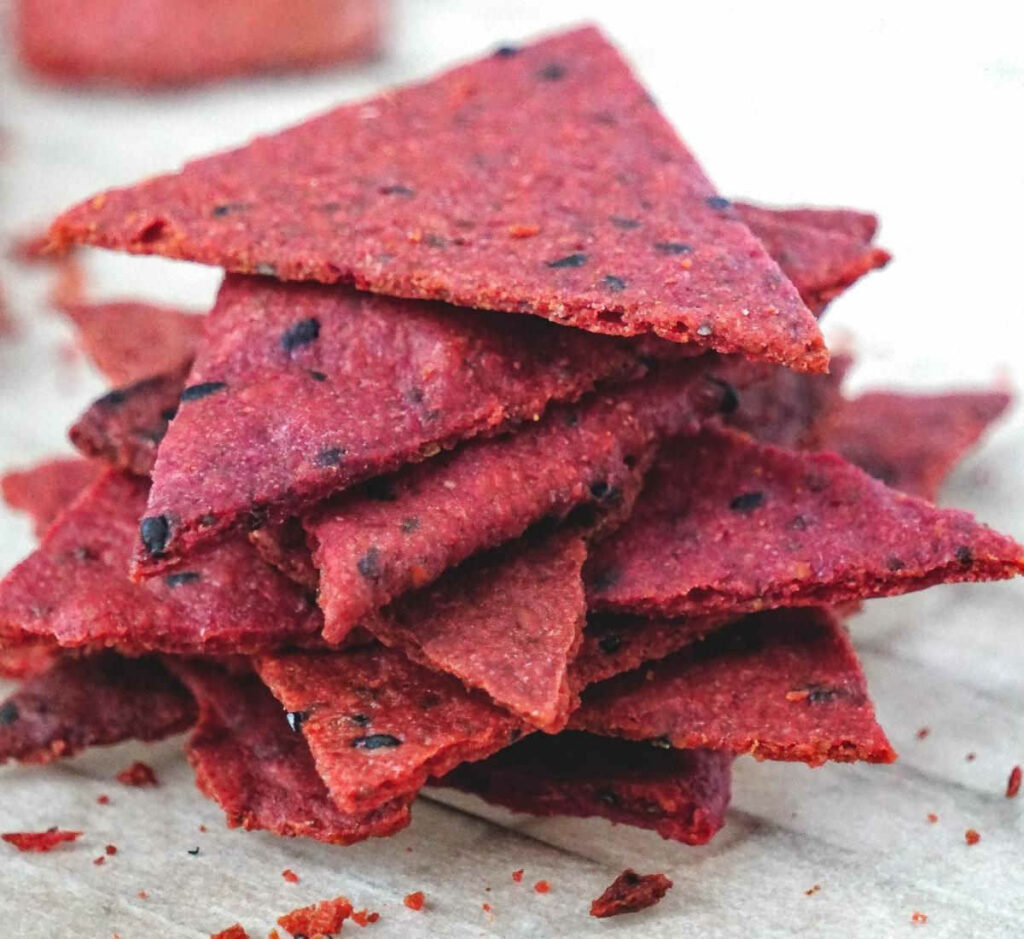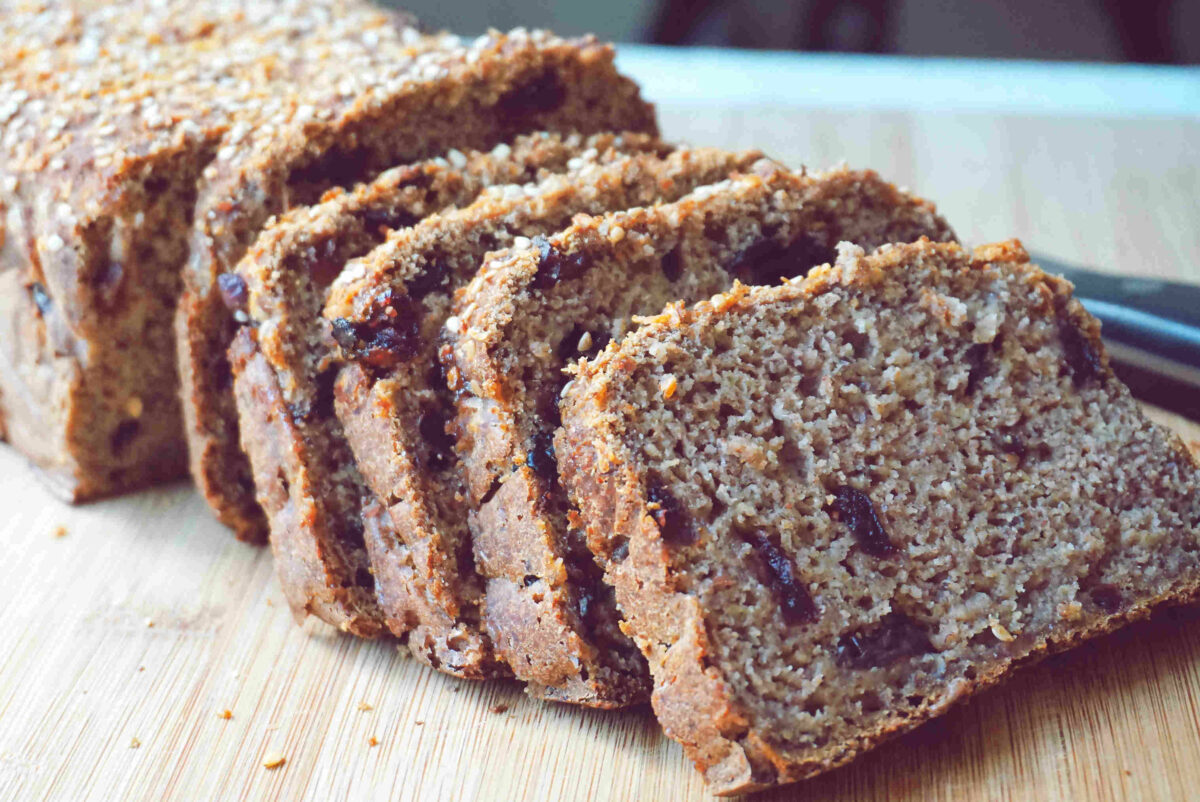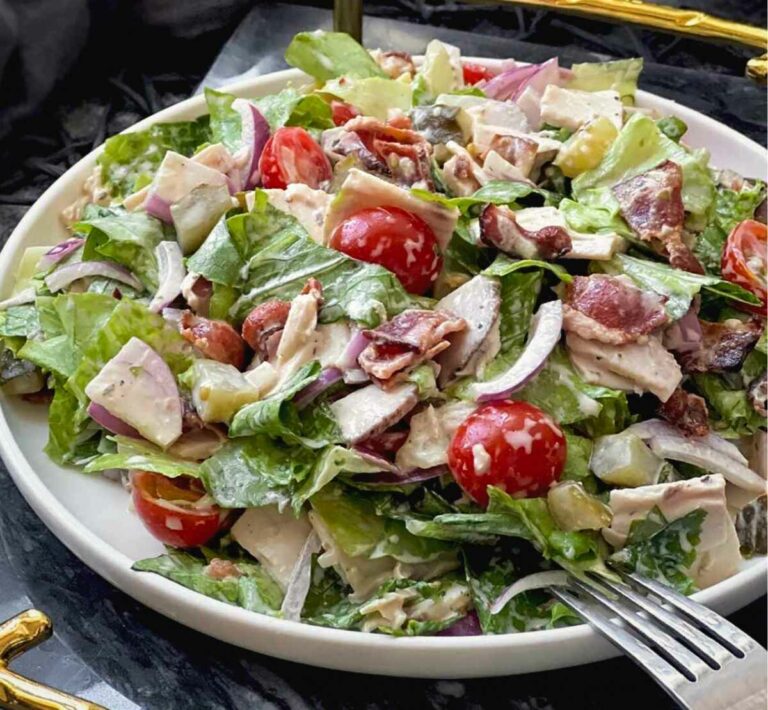20 Finger Foods For Baby / Toddler On A Gluten, Dairy, Egg Free Diet
Looking for healthy baby finger foods? These 20 baby finger food ideas are healthy and allergy friendly (wheat free, gluten free, dairy free and egg free). Easy and simple baby finger food recipes or snack ideas that don’t come from a box, suitable for 8-9 month old babies and older including toddlers. Teach your baby to eat healthy from the beginning: with real, unprocessed ingredients!

If your little one can’t tolerate dairy, gluten, eggs and you’re looking for some simple healthy baby finger foods, or if you just need some baby finger food ideas that are not packed with processed stuff and additives (like most store bought baby foods are), then you’ve come to the right place.
All these gluten free dairy free baby finger foods don’t require a lot of preparation and are perfect as baby led weaning foods, for snacking or as an entire meal.
Make Baby Finger Foods Without Dairy & Gluten
Some children may need gluten free baby food, dairy free finger foods or both gluten and dairy free baby food recipes because of an allergy, or because they are lactose-intolerant, as my baby girl was.
The signs of intolerance started to appear when she was about three months old through diarrhea, colic and severe eczema. Even if doctors won’t admit it, I witnessed my baby recover through an eczema friendly elimination diet combined with the GAPS diet protocol.
Food allergies play an enormous role in eczema and digestive issues the most common offending agent is wheat, or more specifically, gluten, followed by dairy and sugary foods that trigger flare ups.
Therefore it’s important to avoid these for a while and give time for your baby’s tiny gut to fully develop and heal.
By avoiding I don’t mean replacing them with gluten and dairy free store-bought baby food alternatives. We are trying to heal a sensitive digestive system here, and not bombard it with more processed foods.
Skip Packaged Gluten Free and Dairy Free Baby Snacks
There are so many snacks and finger food for babies and toddlers available on the market that is advertised as healthy but they’re usually not.
Even if you’re trying to replace your baby’s snacks and finger foods with gluten and dairy free commercial alternatives always watch out for additives and artificial ingredients.
Most of them are full of unnecessary fillers and sweeteners that have no nutritional value.
Fortunately there are many natural gluten free dairy free finger foods that you can prepare. The produce section in a grocery store offers a large variety of foods.
Balance them with whole gluten free grains, legumes, lean meats, seeds and nuts – just make sure they’re also unprocessed preferably organic, non-GMO whole foods.
Gluten Free Dairy Free Baby Finger Foods That Require Little Prep Or Basic Cooking
Healthy finger foods that are suitable for 9 month old babies, 1 year old babies and toddlers:
- Fresh fruits and vegetables (cut into appropriately sized pieces)
- Steamed or oven roasted vegetables (cut into small bite-size)
- Boiled beans, grains or gluten free pasta.
- Boiled or roasted meat (ground, shredded or diced into small pieces)
TIP: Do not overcook fresh vegetables, or cut them up a long time before cooking and leave them in water, or cook them early and re-heat before serving – as all this reduce the vitamin content.
The Best First Baby Finger Foods
- The best first finger foods to offer to your baby are ones that are soft and easy to bite and chew, like cooked / steamed veggies (like sweet potato, butternut squash, carrots) and soft fruits. Babies need to learn to bite off small, soft lumps, manage and swallow them in the mouth. Also, picking up foods helps a child to develop manual coordination and learn about textures.
- The best baby finger foods for your babies are those made from good-quality ingredients (whole, fresh and organic).
- Try making healthier homemade baked goods like some baby banana pancakes or muffins, don’t buy store-bought frozen foods.
- Later, according to your baby’s chewing skills and food handling (babies 8 months and older), you can offer raw fruits and vegetables. I started with finger sized pieces and then progressed to smaller chunks once the baby learned how to pincer grasp.
Tips To Consider When Offering Baby Finger Foods
- Never leave babies alone when they are eating at any time to make sure that they don’t choke on any pieces that break off in their mouth.
- Start with soft finger sized pieces of food and progress to harder textures as soon as your baby has mastered to chew.
- Babies learn by watching what you do – show your baby how to bite, show her the chewing motion yourself.
- If you are offering raw food, make sure to wash it thoroughly and it is organic (if you can afford it).
- Avoid all processed meat and especially those covered with breadcrumbs or other coatings.
- Children do not need sugary foods such as sweets, soft drinks or sugar for energy, best for your toddler to eat fruit rather than drink the juice.
- Avoid adult meals, such as burgers and sausages – take-aways and highly processed fast foods, also low-sugar and artificially sweetened foods and drinks, foods with added nutrients, ready meals, canned ready prepared pasta in sauce, whole nuts (choke hazard).
- Alternate finger foods with soups or purees (dairy free) and if your children refuse to eat a certain vegetable you can include it in a pureed soup or leave it on a side plate near them, they might eat it later.
- Don’t give up: keep offering new foods, don’t get upset if foods are rejected.
Here Are Some Of Finger Foods Ideas (Gluten, Dairy, Fish, Egg And Nut Free) That My Baby Enjoys:

CELERY, AVOCADO, CUCUMBER – Organic celery stalks are good for a teething baby (they are fibrous and the choking hazard is lower) cucumber sticks and avocado. Always supervise you baby and asses their chewing abilities. 
Cooked CHICKEN HEARTS (Organic organ meats are a good source of group B vitamins, amino acids and minerals), steamed green beans, cooked amaranth rolled into cylinders sprinkled with hemp seeds. 
SWEET POTATO, YELLOW SQUASH, ZUCCHINI – Roasted cut into cubes. 
CHERRY, PEACHES – Buy cherries and peaches when in season and make sure they are organic. Usually I give the fruits separately as a snack, for a healthier digestion. 
ASPARAGUS, BUTTERNUT SQUASH, ZUCCHINI – steamed asparagus (high in anti-inflammatory nutrients), butternut squash (full of vitamin A) and zucchini noodles. 
CHICKEN BREAST, SWEET POTATO, ZUCCHINI – Roasted organic chicken breast, sweet potatoes and zucchini noodles. 
CHICKEN, BROCCOLIS, PAGHETTI SQUASH – Organic roasted chicken breast, broccoli and spaghetti squash which is more nutritious than pasta and fun to play with. 
CELERY, APPLE sticks, diced JICAMA 
BLUEBERRY, PAPAYA, NECTARINES – Raw fruits are enzyme-rich, especially papaya, these can help with gut healing, controlling pathogens and immune support. 
BEET ROOT, JICAMA, CARROTS – roasted soft beetroot, raw jicama and carrots cut into sticks, you can also grate them or serve larger pieces. 
BLUEBERRIES, sliced BANANA. 
Cooked sliced ZUCCHINI, cooked WILD RICE (a good balance of proteins, carbohydrates and fiber), shredded rainbow carrots. 
MELON (it’s best eaten by itself, separate from other foods). 
STRAWBERRIES, RASPBERRIES, RICE CAKES with pumpkin seed butter spread (a good source of zinc; beneficial for skin health and anti-parasitic). 
CUCUMBER, TOMATO, RICE PASTA with creamed broccoli sauce (steamed broccoli, cauliflower, pumpkin seed butter + water to thin out). 
GREEN BEANS/ CELERY/ BEETS/ SQUASH – Cooked organic green beans, beet root and acorn squash ( good source of Vitamin A, C and B6), grated celery root (anti-microbial properties and boosts immunity). 
VEGETABLE SALAD – Organic roasted sweet potato, asparagus, yellow squash and finely chopped kale. 
ORGANIC PEACHES & BLUEBERRIES – a good source of vitamin K1, Vitamin C, Manganese. 
CAULIFLOWER, TURKEY, CARROTS – Organic roasted cauliflower, carrots and turkey thighs (great source of protein and B Vitamins). 
She’s happy as long as she has something to snack on!
While the same baby finger foods are appropriate for a 9 month old as they are for a one-year-old babies or toddlers, you can begin to offer larger, harder in texture pieces, that they can bite off themselves.
Gluten Free & Dairy Free Finger Foods For Toddlers
(click on picture for recipe)
You can even go ahead and try making some gluten and dairy free finger food recipes, like these options presented below. Just make or serve smaller sizes.
Update: At 20 months my daughter stopped being intolerant to eggs, nuts, gluten or dairy. At the age of three – still no intolerances. She’s basically on the same gluten and dairy free (real food, organic) diet, AND she can eat regular cakes and desserts on special occasions without any problems.
If your baby deals with really severe eczema, gastrointestinal issues and many food allergies then I strongly recommend you read this book: Gut and Physiology Syndrome: Natural Treatment for Allergies, Autoimmune Illness, you will get answers for so many questions.
Lay The Foundation For Healthy Eating Habits
What I learned is that when you have children with allergies it is essential to help them form a healthy digestive system from the beginning. Because this will lay the foundation for a good overall health later.
It’s also important to help children develop patterns of healthy eating from an early age, what you feed them at the beginning will be the base of their food tastes. It can be hard enough to plan ahead and prepare everything fresh, but that’s only temporary and you’ll be amazed later that it all worked out.
If you start with sweet food it will be hard to make them eat something else later. My little one has no problem in drinking smoothies with ginger and greens, she drinks them as if they were milkshakes.















































Can I know how long should i roast the veges? I find it hard to find the correct timing for correct softness.
I usually roast them at 400 F for 35-40 minutes. It also depends on what veggies you’re using, the softer ones will probably require less time.
Thank you for sharing your ideas! Klaudia, I was in the same boat as you. My 14 month old had the same symptoms and it wasn’t until we ended up in the hospital with seizures two weeks ago that we finally started getting some answers. We are now free of gluten, dairy, soy, egg, nuts, legumes, and nightshades. I am open to all ideas, recipes and suggestions for helping little ones on a restrictive diet. We are doing well so far but I just feel like I’m going to get in a rut of serving the same things over and over again (which honestly seems to bother me more than our kids).
When I first started doing an elimination diet it was really hard… until it became a habit. Eventually, you’ll start to get the hang of it to where it becomes second nature. Try to rotate all ingredients. Variety is important for “mental health” as well as for nutritional reasons. Often, changing a recipe very slightly and adding a few extra ingredients helps a lot.
Great ideas for little ones! I have a 13 month with egg and we think peanut allergies. Always looking for new ideas. Quick question…did your little one have a reaction to nuts and did she test positive for nut allergies? Thanks
Hi, Emily… I think I answered your question by email as well. It didn’t show because it has to be approved first.
As for the question: I didn’t try to give my little one any nuts until she was 18 months old. I was sensitive to nuts (not allergic) so I thought she might be too. When she ate her first peanut she didn’t react badly, a few red dots here and there on her face but nothing serious. I decided to avoid them anyway. Now (she’s 3 ) she can eat them with no problems, but still I don’t feed her large quantities and only occasionally. I think if the body react to a food in any way, it’s a sign of inflammation so it’s best to give it time to heal by avoiding that food. I did not test for allergies because they are highly inaccurate, I just observed her reactions visually.
Thank you so much for your great ideas! My Daughter is 10 months old and she has dairy, gluten, eggs, nuts, shellfish, soy, legumes allergy. I was struggling from the very beginning with her with diarrhea and severe reflux and crying but every time her pediatrician said she is colicky only. Until she had bloody stools. That’s when I found it out she has food sensitivity. I’m struggling with foods and what can I give her. Still breastfeeding her with elimination diet for myself as well. Any meal plan ideas for her please??? I’m helpless at this point and don’t know where to go. I just took her to another GI ped on May 3rd who told me to give her eggs and gluten. I tried gluten and we were back to square one(mucusy loose stools with screaming all night). Please!! Help me! Thank you so much in advance!!
Sometimes pediatricians are so close minded, if you feel he’s not helping you you always have the options to switch to a better informed one. As for the foods she’s intolerant to, avoid it completely, recent research shows that stomach inflammation due to intolerances leads to inadequate digestion of other ingested foods. Also try to avoid store bought packaged foods (gluten free included); processed foods contain higher levels of additives such as preservatives, flavoring agents and dyes. Processed foods can also contain small amounts of residue of foods that are not listed on the label. Adopting an elimination diet with nourishing homemade baby food recipes is the key. I made my meals mainly with steamed vegetables (this preserves the nutrients) and a few gluten free whole grains like amaranth, buckwheat, rice, rolled oats. Fresh fruits as a snack. Besides vegetables I also incorporated plant fats like avocado, hemp and flax seed oil (rich in omega 3,6,9 fatty acids needed for metabolic and cellular health). Occasionally I incorporated some grass fed meat (organic) or some chicken meat. Basically all food should be made from scratch with whole, real, organic ingredients and rich in anti-inflammatory components. When everything will get back to normal, you can start to incorporate more complex meals like soups, homemade baked goods (made with gluten free whole grain flours), green smoothies etc. It’s a little bit of individual research, everyone is different so her diet should be tailored according to her needs. Listen to your intuition, mothers usually know what’s best for their child 🙂
Thank you for the finger food ideas, I really didn’t know what else to prepare, this brought some inspiration!
I’m glad I could help, it’s pretty tough to find healthy finger foods with so many food restrictions.